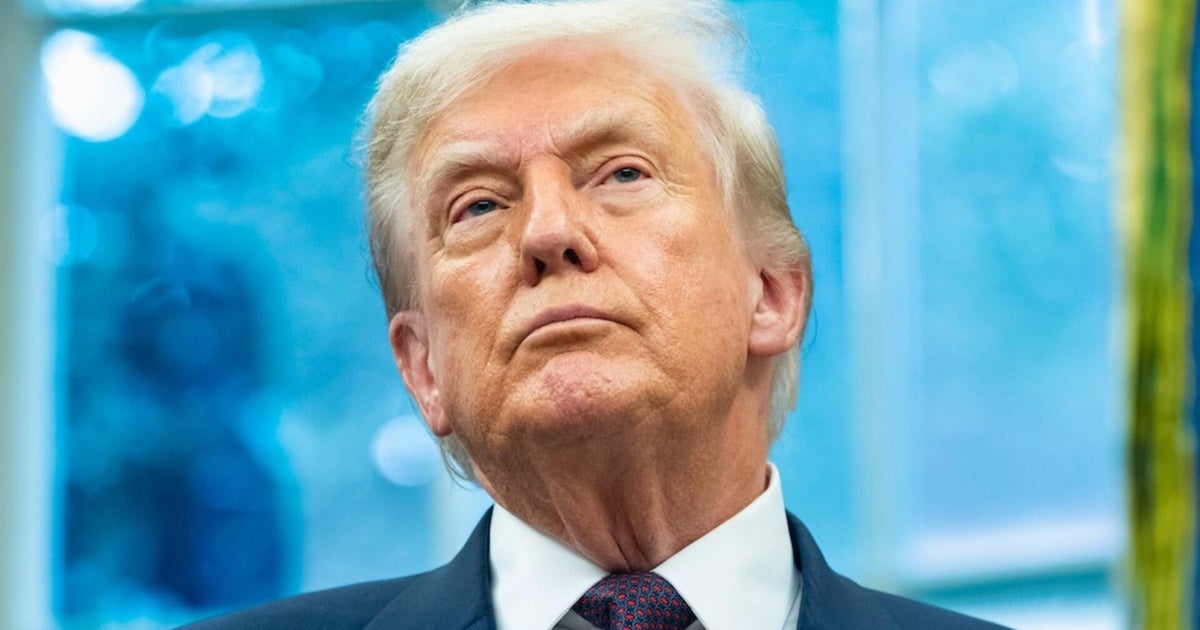Trump-Era 401(k) Crypto and Private Equity Push: What Happened to the Proposed Changes?
Trump-Era 401(k) Crypto and Private Equity Push: What Happened to the Proposed Changes?

A past executive order from the Trump administration aimed to revolutionize retirement savings by allowing 401(k) plans to invest in alternative assets like private equity and cryptocurrencies. Signed by then-President Trump, the directive sought to broaden investment opportunities beyond traditional stocks and bonds, potentially opening the door for higher-risk, but potentially higher-reward, options in individual retirement accounts.
The initiative, which garnered significant attention at the time, proposed that the Labor Department redefine what constitutes a qualified asset under 401(k) rules, governed by the Employee Retirement Income Security Act of 1974 (ERISA). Proponents argued that alternative investments, such as private equity and digital currencies, had matured into strong-performing asset classes capable of delivering long-term returns and offering protection from market swings. However, experts also highlighted significant caveats, including higher risk profiles, less transparency, and potential higher fees compared to traditional investments.
At the time of its announcement, the timeline for implementation was unclear, with projections suggesting it could take months, or even several years, for major retirement plan companies like Fidelity and Vanguard to develop appropriate funds. Furthermore, it remained uncertain whether employers would choose to offer these new options and if workers would opt to invest in them, given the complexities, costs, and volatility associated with non-traditional assets. While some asset managers expressed interest in tapping into the multi-trillion-dollar defined contribution market, analysts predicted slow adoption due to inherent challenges in cost, transparency, and complexity.
Disclaimer: This content is aggregated from public sources online. Please verify information independently. If you believe your rights have been infringed, contact us for removal.